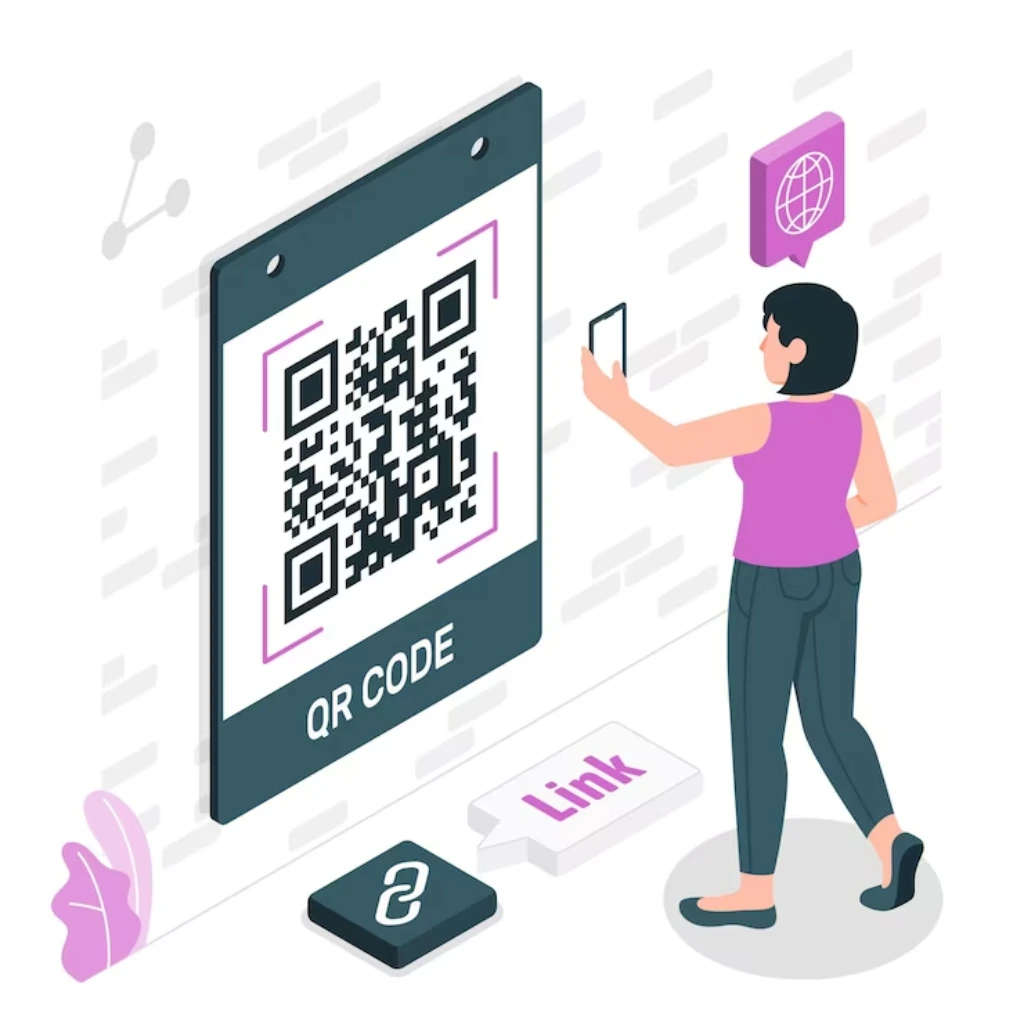If you’ve been looking into forex Vietnam trading, you’ve probably noticed—it’s not exactly simple to figure out what’s legal and what’s not. Some areas are clear, some… not so much. This tutorial gives you a plain, step-by-step guide to help you get started the right way, or at least the safest way.
Step 1: Understand the Local Legal Boundaries
First things first—Vietnam’s forex regulations aren’t really made for individual traders. The State Bank of Vietnam only allows licensed banks and financial institutions to officially trade forex.
As for retail traders? Well, that’s where things get murky. It’s not openly permitted to trade with international brokers, but many people still do it. Some call it a loophole, others call it a gamble.
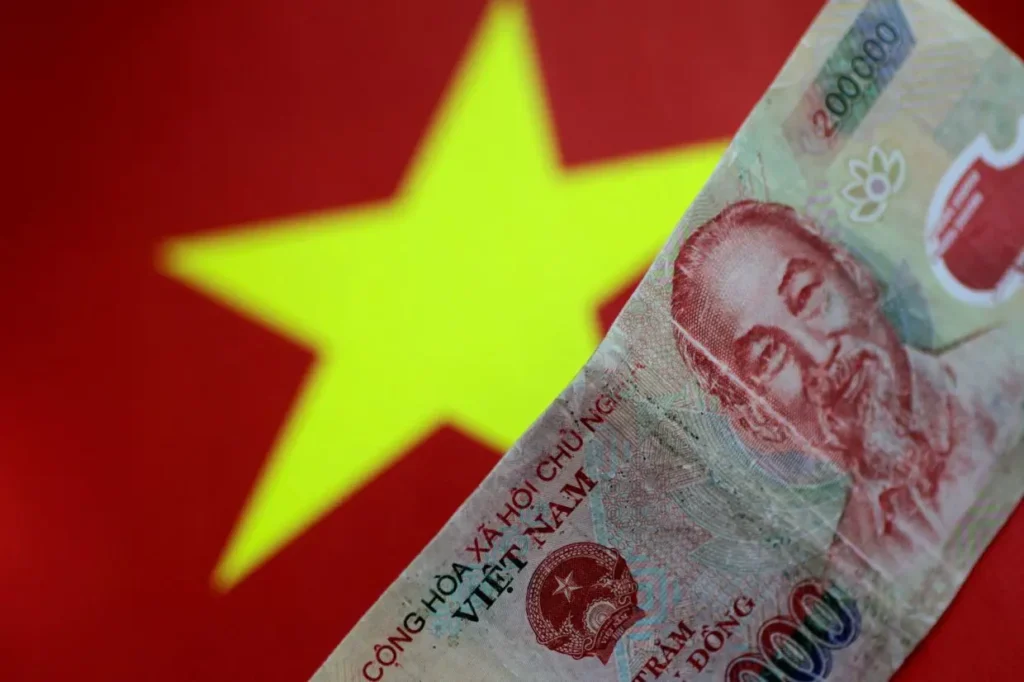
Step 2: So, What Are Your Realistic Choices?
Let’s get practical. Your options in Vietnam are:
- Trading foreign currencies at local banks for basic purposes like travel or payments (not online trading).
- Using offshore forex brokers, which many Vietnamese traders choose despite the legal uncertainty.
The second path is the common one, but be warned—you won’t have protection under Vietnamese law if problems come up. You’re pretty much on your own.
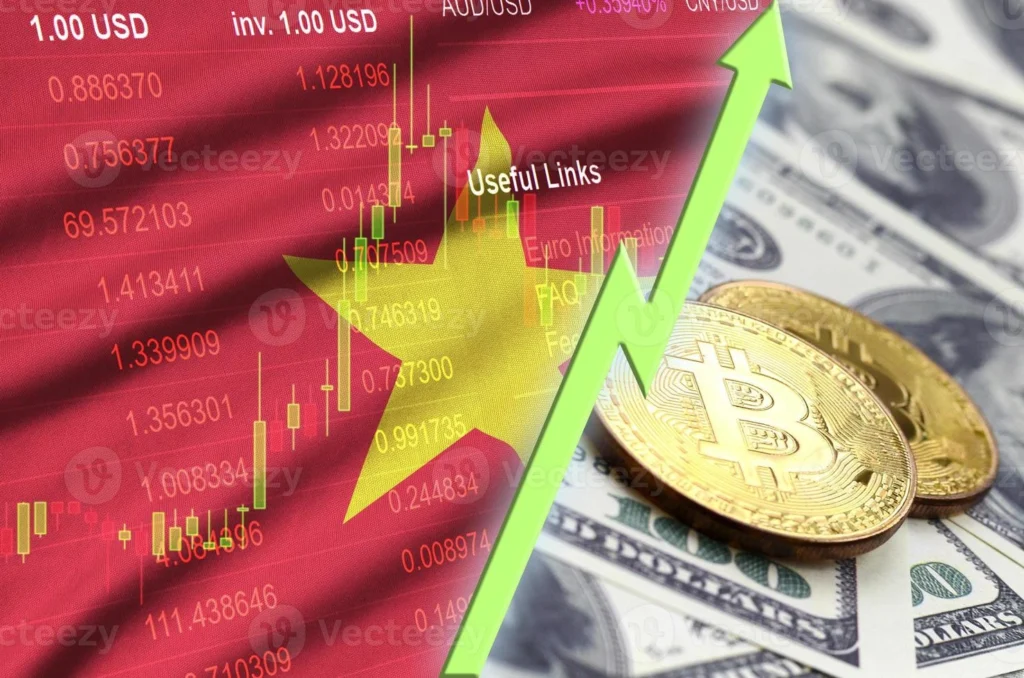
Step 3: Picking a Broker That’s Worth Your Time
If you decide to go offshore, choose carefully. Some say it’s best to stick with brokers regulated by authorities like ASIC (Australia) or the FCA (UK)—they tend to be more trustworthy.
Be cautious of:
- Unrealistic promises
- Bonus traps
- Brokers with no clear company background
Let’s be honest—if it sounds too easy, it probably isn’t legit.
Step 4: Try Before You Commit to Forex in Vietnam
You know what’s a smart move? Starting with a demo account.
Test your strategies, get used to the broker’s platform, and see how it all works—without risking real money yet.
It’s one thing to trade in theory, but when it’s your actual cash? That’s when emotions kick in. Demo trading gives you breathing room to build confidence.
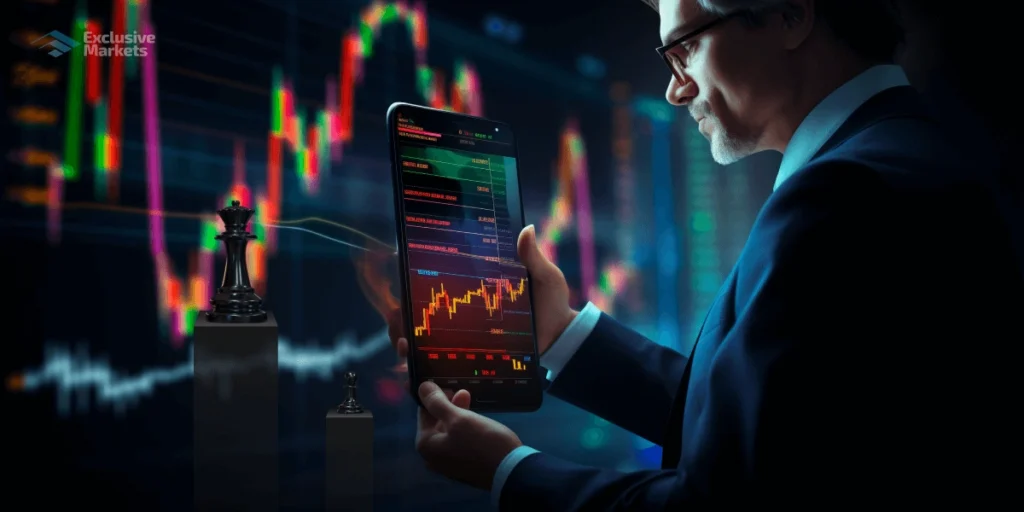
Step 5: Manage Your Risks Like a Pro
No matter how you trade, risk management is everything.
Here’s what you can’t ignore:
- Always use stop-losses
- Be careful with leverage (start small, seriously)
- Never trade money you can’t afford to lose
Some say they’ll just keep an eye on the screen, but honestly, the forex market moves fast—faster than most people can react.

Step 6: Keep Updated on Changing Forex Policies in Vietnam
Forex Vietnam rules might evolve. Some traders think individual trading could become more acceptable in the future… or maybe not. It’s good to stay tuned.
Check financial news, track updates from the State Bank of Vietnam, and follow market changes regularly. This isn’t a “set and forget” kind of situation.
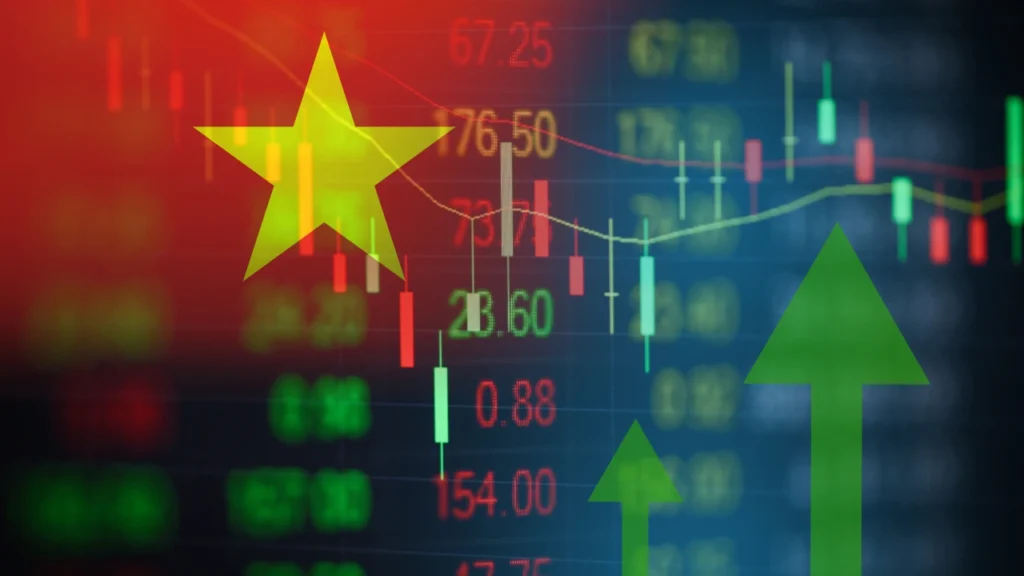
Step 7: Is Forex Vietnam Trading Worth It?
So, should you get into forex Vietnam trading?
Some say yes—it’s a high-potential, fast-paced market. Others might hesitate because of the legal uncertainty and risks.
At the end of the day, you’ve got to weigh the opportunity against the gray areas. Forex Vietnam trading isn’t impossible, but it’s not exactly a simple ride either.




